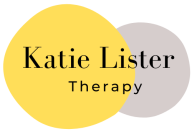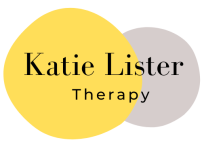At its heart, therapy is a relationship – a relationship built on trust. You need to feel that you can open up about intimate details of your life, to someone who is able to really listen to you and who won’t judge you. Opening up is not an easy process, but it is necessary for therapy to work. The research confirms that the relationship you have with your therapist is the single most important factor in how effective your therapy will be. It can take time to establish rapport with a counsellor or psychotherapist, but often, you'll get a sense early on whether or not you can build that trust with them.
It’s also essential to ensure your therapist is a member of a professional body like the BACP (British Association for Counsellors and Psychotherapists) which means that they are fully qualified, committed to ethical practice, and continuous learning. The BACP also have a helpful A-Z of the different types of therapeutic approaches out there.
And here's the thing: if you don't feel a connection with your therapist, you're not stuck. Many people don't find the right therapist straight away, and that's okay. It's perfectly acceptable to keep searching until you find someone you click with.
Once you do find that connection and a therapy style that feels right, don't expect instant results. Therapy is a journey, and it can take time to see changes. But stick with it, and you'll find yourself gaining deeper insights into yourself and becoming more authentic and resilient along the way.


